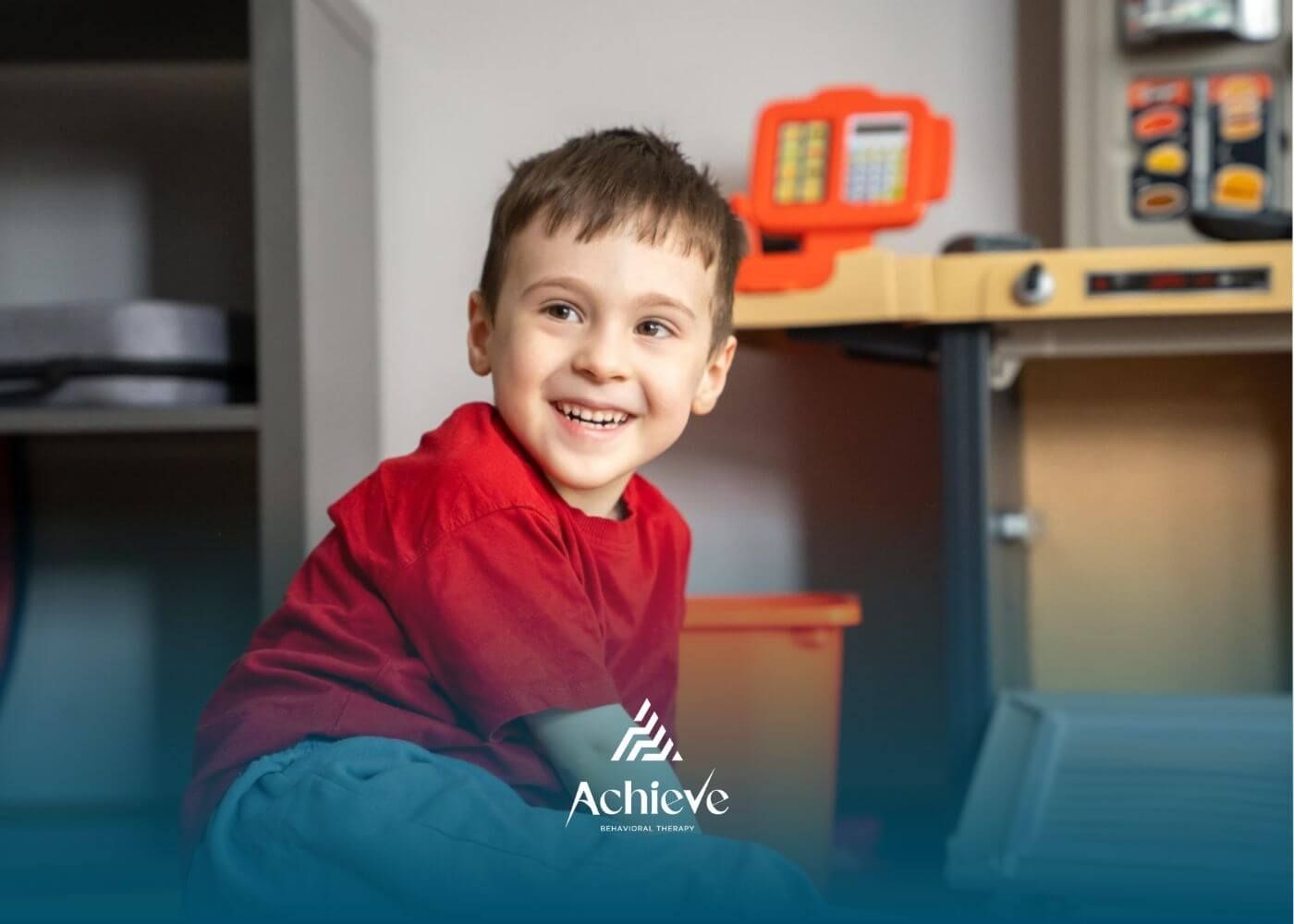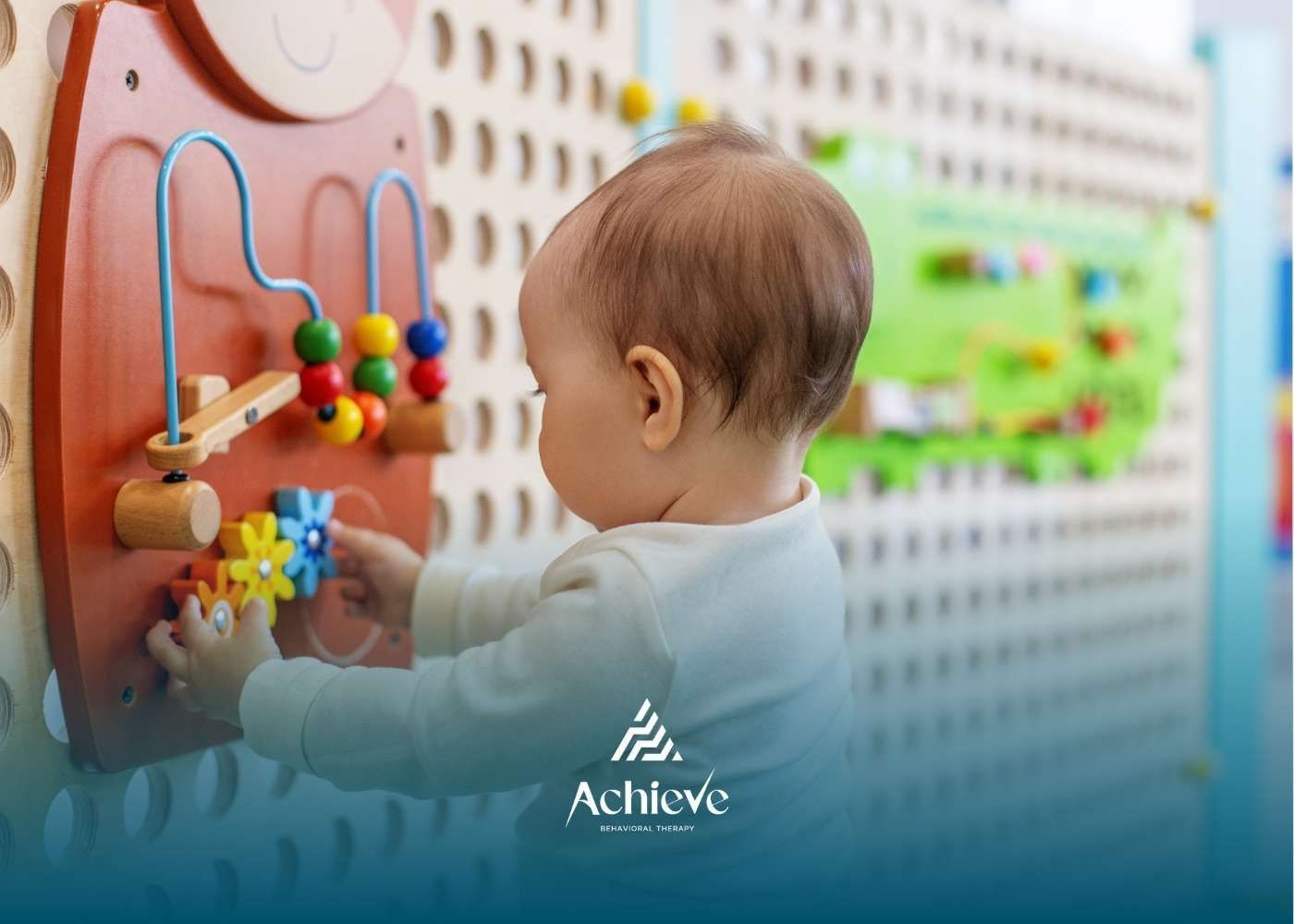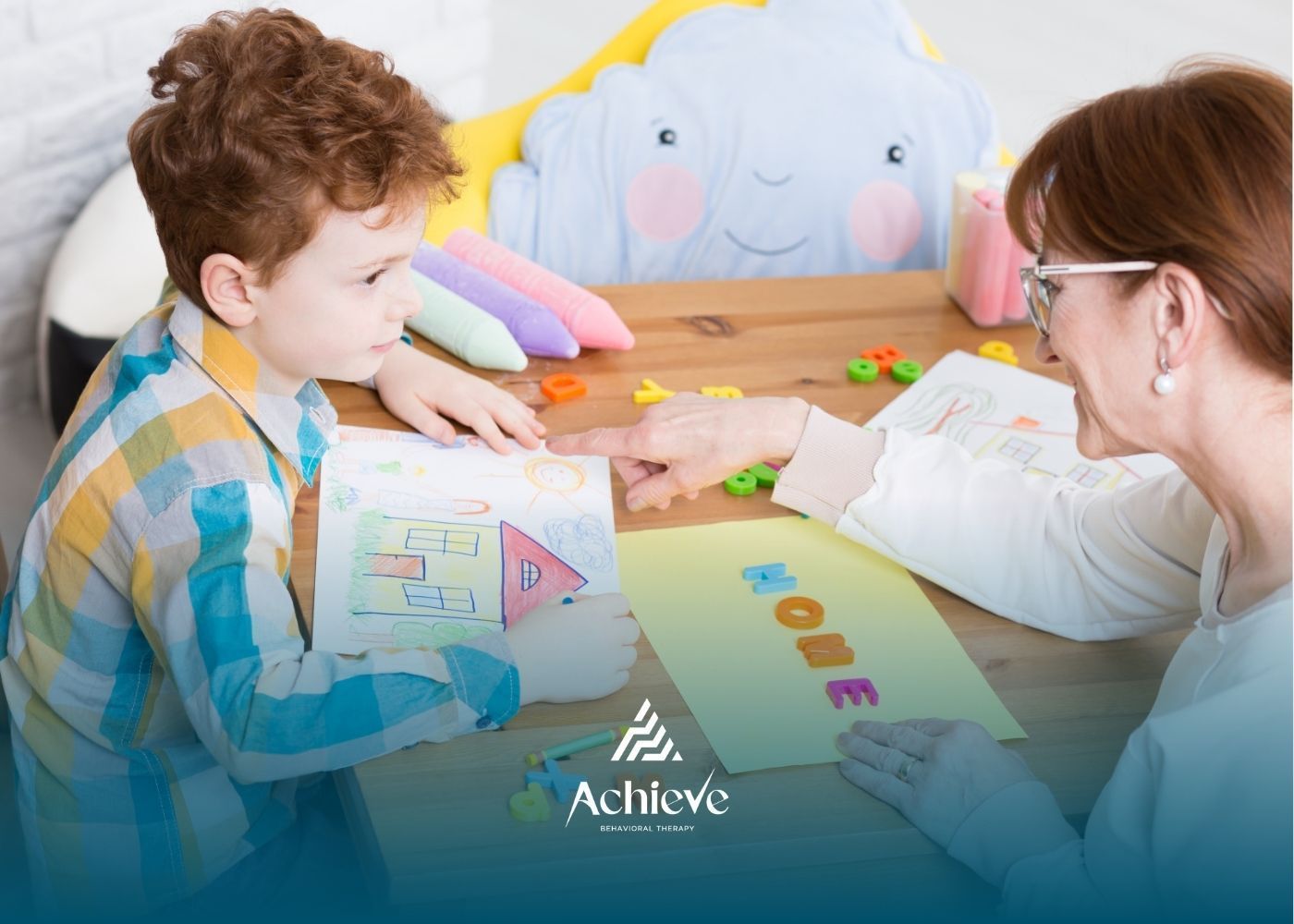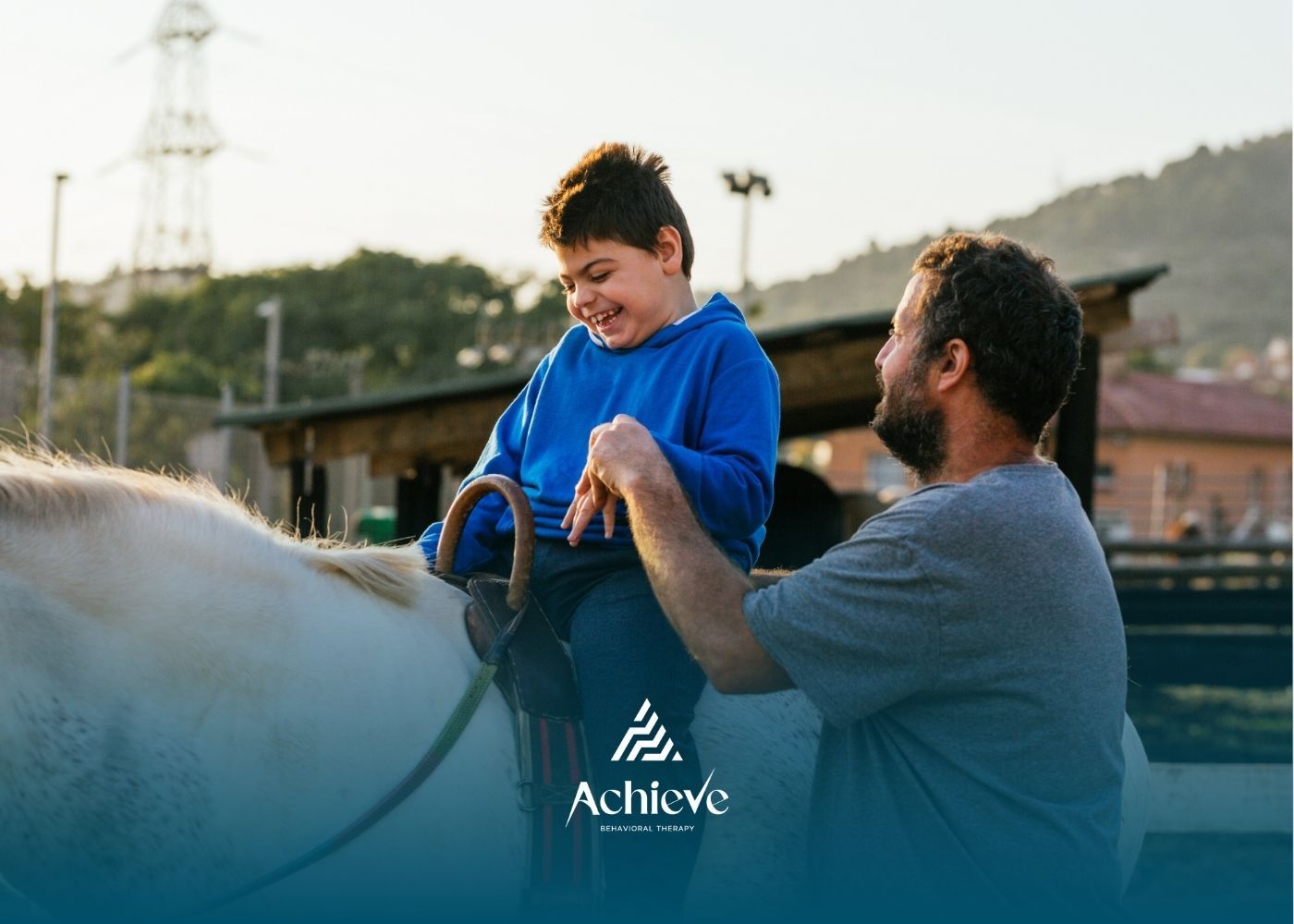What Is Allistic?

The term allistic refers to individuals who are not on the autism spectrum. In other words, an allistic person is someone who does not have autism. The word comes from the Greek root allos, meaning “other,” and was introduced to describe neurologically typical people—without framing autism as a “deficit.”
Using “allistic” helps create more neutral and inclusive language. Instead of viewing autism as an opposite or abnormal state, this term simply recognizes that people’s brains work in different ways. Understanding the difference between autistic and allistic perspectives supports better communication, empathy, and acceptance in social and educational settings.
At Achieve Behavioral Therapy, we promote understanding between autistic and allistic individuals through personalized ABA programs that foster communication, respect, and mutual learning.
Frequently Asked Questions
Is allistic the same as neurotypical?
Not always—most allistic people are neurotypical, but not all neurotypical people are allistic.
Why use the word allistic?
It provides a neutral, inclusive way to describe non-autistic individuals.
Can allistic people benefit from autism awareness?
Yes, awareness helps allistic people communicate and support autistic individuals more effectively.
Sources:
- https://psychcentral.com/blog/aspie/2018/09/allism-spectrum-disorders-a-parody
- https://dictionary.cambridge.org/us/dictionary/english/allistic
Need Support?
We're Here to Help!
Our experienced team is ready to assist you. Reach out today to discuss how we can support your child's development and well-being.
Get started with expert ABA therapy today.












